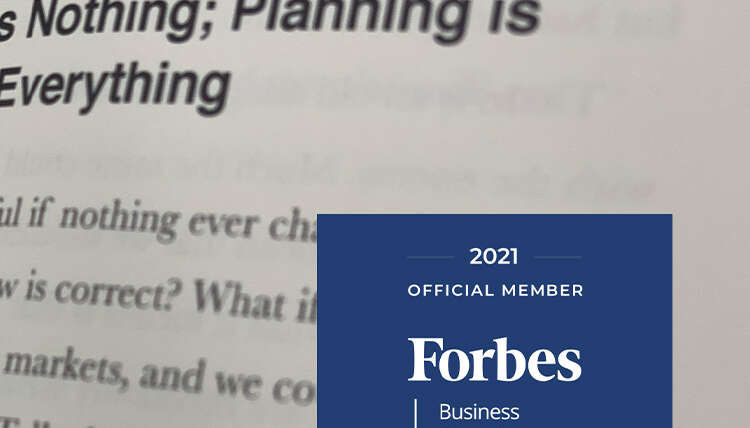This article was originally published by Fast Company.
I recently had the opportunity for a family vacation in Europe. It was wonderful to see so many remnants of history, experience different cultures, and eat a lot of really good food.
Upon returning, I experienced some jet lag. The first day I woke up around 3:00 a.m., tried in vain to go back to sleep, and finally got up around 4:30 a.m. I experienced the unusual feeling of having time that was utterly at my own discretion, and so had to face the question: What should I do right now?
HOW TO SET PRIORITIES AT WORK AND MANAGE YOUR TIME BETTER
Years ago, I was on a panel where young professionals ask questions of experienced business leaders. I enjoy doing those, as I still remember words of wisdom I heard from leaders I looked up to when I was first starting out.
One young man stood up and asked me about how I manage my time. What kind of time management system do I use? How do I organize myself? I told him that my system is very simple: I continually ask myself, “What is the most important thing I could be doing right now?”
Every morning when I review my calendar, I ask myself, “Is that important enough to justify the time?” When I go through my to-do list, I ask, “Which of these is the most important?” When I am planning out my week, month, or eve year, I ask, “What things are important enough to spend time on?”
But mostly, I ask myself: What’s important to do right now? When I made my plan for the day, week, or month, I set time aside for this task, but now I have new information and a different context. So, is the thing that I thought was important then still important now?
This system is logical and easy to remember, but as I told the young man, it may not be as helpful for others. The problem is that many of us can’t answer the question because we don’t know what is important. We never pause to think about whether what we are doing is important to anyone, including ourselves.
HOW TO DETERMINE YOUR PRIORITIES
If you don’t know where you are trying to go, you don’t know what route to take. If you don’t know what you want to accomplish, you don’t know what to do with your time.
Asking the question forces you to at least consider what’s important. For me, the question prompts regular self-evaluation: Is what I’m pursuing worthwhile? Is this the best strategy to get there? Will I be glad I did this?
One of the benefits of this line of questioning is that it causes you to consider the impact of your decisions on all aspects of your life, as well as how what you do impacts others. Choosing to do a particularly thing with your time may advance a career goal, but be detrimental to a relationship. I could choose to work late or I could join my family for dinner. Which is more important?
THREE TIPS FOR SETTING PRIORITIES
Deciding what’s important is not always easy, and your priorities will change over time. But one thing is certain: If you wait until the moment of choice, it will be too late. The contemplation required to determine what matters most must be done in advance of the point of decision.
Below are three tips for getting clear on your priorities:
- Celebrate Birthdays: In our family, we grant the honoree the privilege of creating the schedule. “It’s your birthday, what would you like to do?” Imagine this day just for you. You can be with people or alone. You can do something personal or work-related. It can be restful or active. What would bring intrinsic rewards just from doing it? This is a nice way to get in touch with your passions.
- Consider Potential Negative Outcomes: Another question I ask is, “What bad things will happen if I don’t do this?” It’s amazing how often the answer is, “Nothing.” Perhaps it’s a carryover from solving an old problem, or an “it’s the way we’ve always done it” situation. Activities with no real benefit become easy to eliminate. However, when the answer is, “I will be less likely to achieve an important goal,” then I have found something to prioritize.
- Count The Hours: Every year I go back through my calendar and sort everything I did into buckets. This gives me a real sense of where I spent my time. Some of the results surprise me. A benefit of this is realizing where I am spending more or less time than I desire. For instance, there are some thing that are important enough to justify a limited time investment, but I might choose to stop doing them when I realize how much time they are actually taking. This empowers me to choose to spend that time on things that matter.
Ultimately, it’s about making a habit to think about what is important to you, and if what you are doing is important. And when you do get that rare morning alone, you’ll have a head start on how to spend it.


